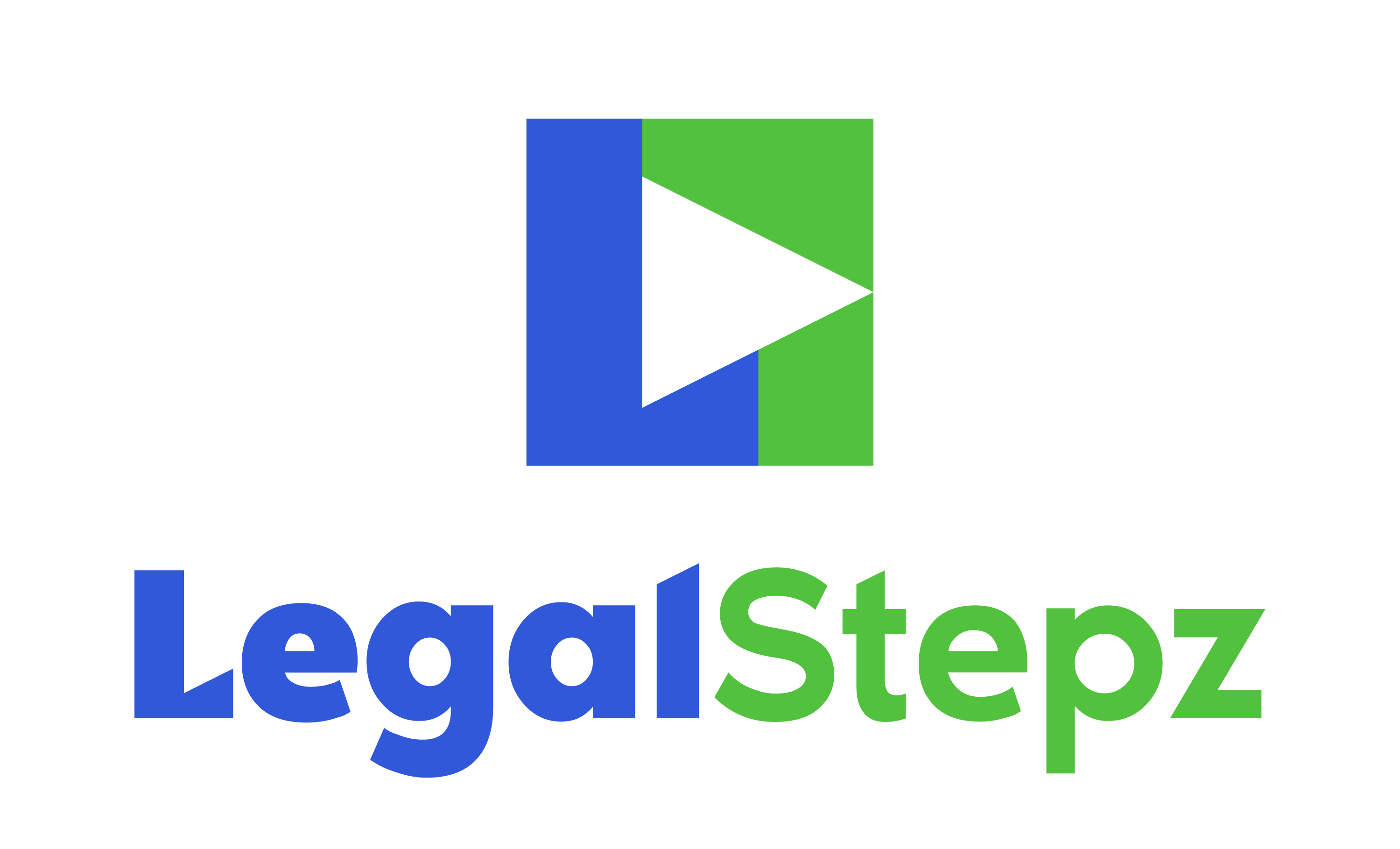How to Manage Business Finances

There are numerous reasons why businesses fail. One of these is that businesses don’t properly manage their finances or cash flow. There are many ways to manage your business finances, and in this article, we look at some of the best options for small business owners.
Why Control Finances?
Controlling finances is a fundamental part of running a business. You need to know how much money you have for investment, take home, supplies and to pay for services. You will also need to know how much money you owe to the local and federal governments for tax purposes.
There can be numerous incidents that can happen as well that require additional finances. For example, a baker might lose their oven, or a courier their vehicle. These will need to be replaced but without proper financial management, individuals might not know how much they can invest in repairs or replacement.
And not being able to meet legal obligations, such as finding the money to pay for licenses or taxes can result in fines or prison time. Therefore, the management of finances is critical.
Ideally, the time to decide on what method to manage business finances should be during the business plan. However, some businesses do this after writing the business plan.
Best Ways to Manage Business Finances
There are numerous options to manage business finances. These options include some of the following which are available to all.
Spreadsheet
The easiest, and probably the least expensive, option for many small business owners is to use a spreadsheet. You can use LibreOffice, which is a free software option very similar to Microsoft Excel, and can be used to manage accounts. Or you can use Google Sheets, Microsoft Excel, or something similar.
Pros
- Spreadsheets are easy to use.
- They’re a low-cost option.
Cons
- If there are mistakes, it can be hard to find.
- Offline spreadsheets can be difficult to share.
Accountant
An accountant is a trained professional who can help organize and report on finances within the business. You can hire a full-time accountant, part-time accountant, a freelancer, or an accountancy firm. These people are there to save on costs, most claim that they can help reduce other costs to make a positive impact on the brand’s bottom line.
Pros
- Experts in financial management reporting.
- Lots of hiring options to cater to unique business needs.
- Can help save money on taxes, and expenses.
Cons
- Can be expensive.
- Must trust the accountant to complete the work.
- Can be hard to get all the information over to the accountant.
Accounting Software
Most accountants will use some accounting software. There are numerous options on the market, which include Xero and Sage to name two. Accounting software can be good because it can guide you through the input, connect to banking systems, and automate many processes.
However, it can also be challenging to set up and be expensive. Most accounting software is hosted on the cloud, allowing you to access the software from any location with internet access.
Pros
- Less reliant on third parties to help manage finances.
- Access software from anywhere with the internet.
Cons
- Can be expensive.
- No access to expertise.
- Inputting data is required.
Part-Time Financial Director
A part-time financial director is a service provided by experts who act as a Financial Director in the business, providing help where you need it. While they are not likely to complete accounting services, though some do, they can offer financial advice which can be one of the best benefits of a part-time financial director. You also don’t need to worry about the high costs, as they’re based part-time.
Pros
- Have experience and expertise.
- Can provide a wider range of financial support.
Cons
- Expensive.
- Might need other ways to manage finances in addition.
Employees
Hiring employees to manage finances is how many people start out. They can start with a bookkeeper either part-time or full-time. Or they can have someone who has the qualifications to manage finances. Some companies will hire trainees and pay for their training because it can be a more cost-effective option for them.
Pros
- Can train the staff member.
- Get an employee for the hours you need.
- Choose who does the work.
Cons
- Need to hire correctly for optimum results.
Final Word: How to Manage Business Finances
Above are the options that can help you to manage business finances properly. Learning to do this can save your business some money and help improve your financial outlook. Whether you incorporate your business or not, remember if you decide to take on an employee, you need an EIN number for tax purposes.

0 comments
Leave a comment
Please log in or register to post a comment